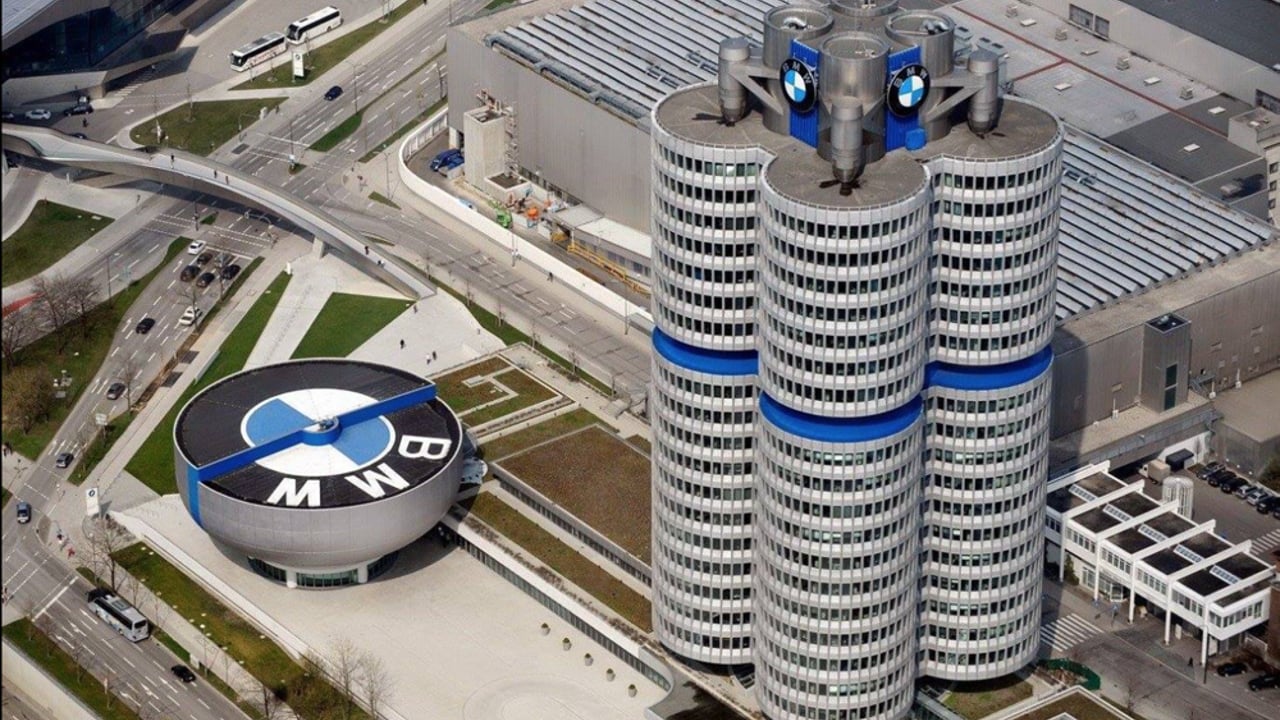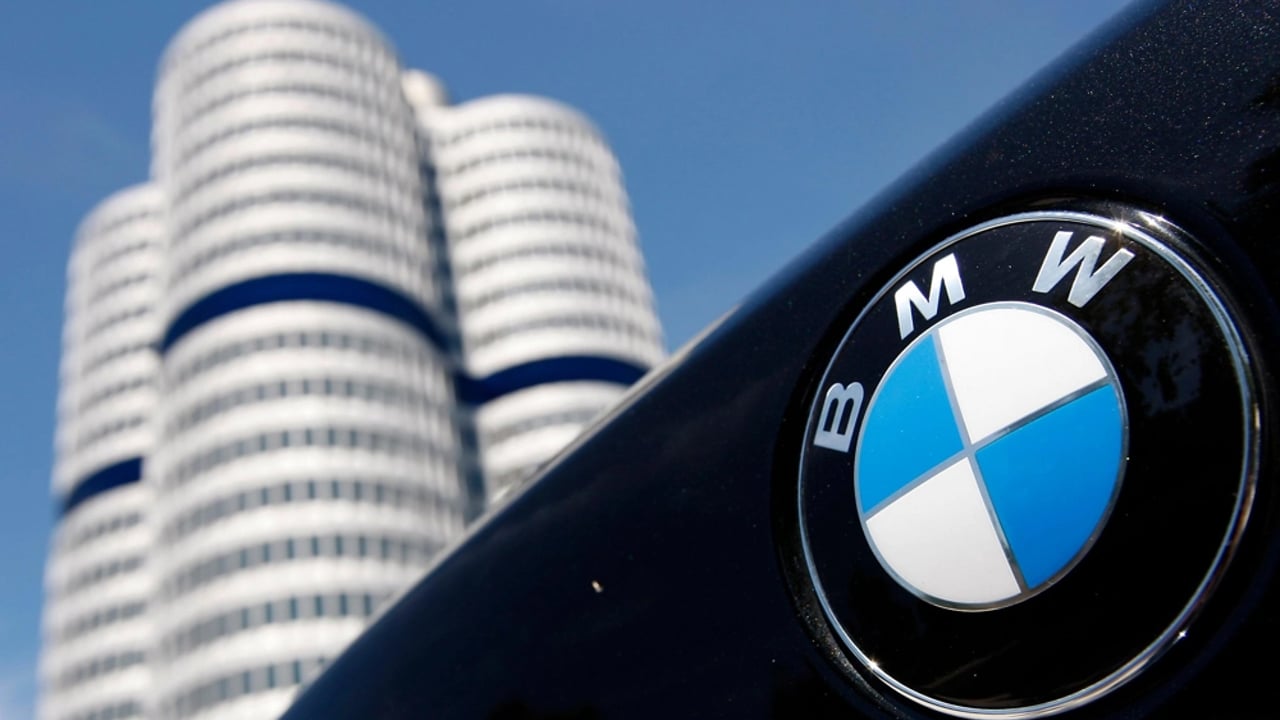Related Articles
KKR Acquires Zenith Energy Amid Strategic Infrastructure Expansion
KKR & Co. Inc. $KKR has finalized the acquisition of Zenith Energy, an Australian provider of autonomous electricity systems, from a consortium comprising Pacific Equity Partners, OPSEU Pension Trust, and Foresight Group Holdings Ltd. $FSG.L. While the transaction value was undisclosed, it follows AUD 1.9 billion (USD 1.2 billion) in debt refinancing, which has positioned Zenith with more than AUD 1 billion in new capital to support future development. This investment will be made through KKR’s Asia Pacific Infrastructure Investors II fund, signaling the firm’s continued expansion into asset-heavy, cash-generating sectors across the region.
Renault Shares Plunge 8% After CEO Luca de Meo’s Exit; Market Eyes Successor
The sudden departure of Luca de Meo as CEO of Renault $RNO.PA has sent shockwaves through financial markets, prompting a sharp drop in the automaker’s stock and igniting speculation about the group’s future leadership and strategic direction. De Meo, credited with spearheading the company’s turnaround efforts under the "Renaulution" plan, will assume the CEO position at Kering $KER.PA, the French luxury conglomerate. His exit marks a pivotal transition point for Renault as it navigates complex challenges in electrification, software-defined vehicles, and geopolitical supply chain risks.
Lockheed Martin Stock Ratings Diverge as Analysts Revise Price Targets Amid Market Volatility
Lockheed Martin Corp. $LMT, one of the largest defense contractors globally, is facing diverging analyst views amid shifting macroeconomic and geopolitical conditions. While some investment banks have downgraded the stock due to valuation concerns, others have upgraded their outlook in anticipation of improved defense spending and contract flows. The variance in analyst sentiment comes amid sector-wide scrutiny of defense equities as investors balance geopolitical risk premiums against fiscal sustainability and earnings growth.








Trade tensions are definitely making it tough for global giants like BMW to navigate their strategies.